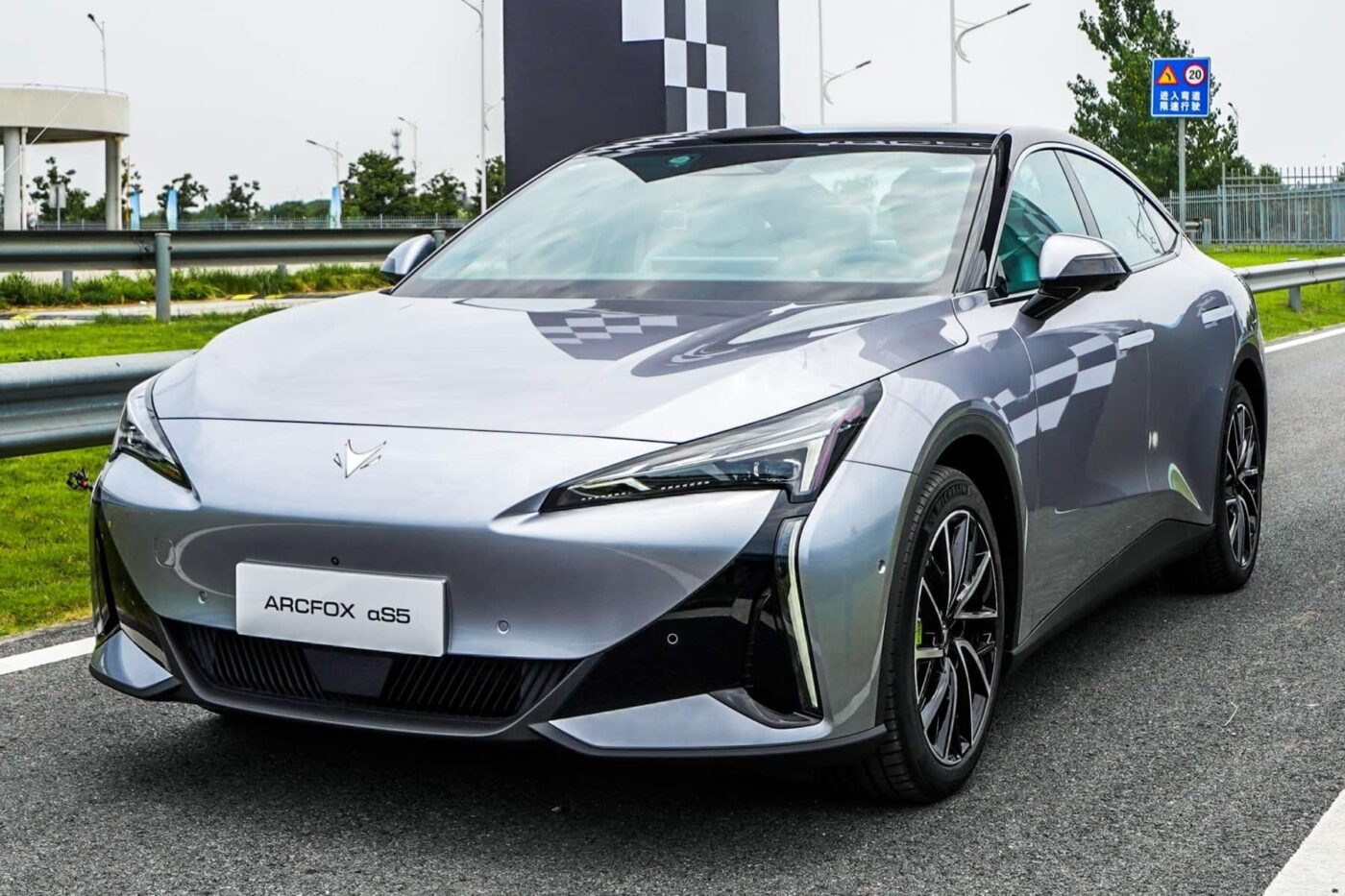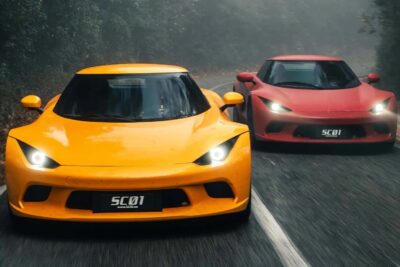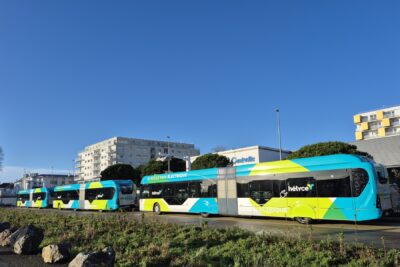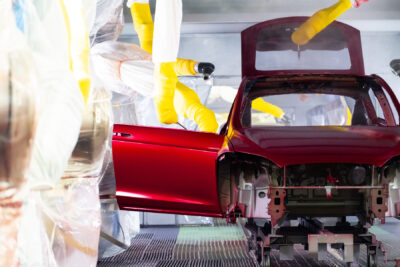China discloses subsidies for EV manufacturers
The strong performance of Chinese carmakers in the electric vehicle sector prompted the EU to launch an anti-subsidy investigation two years ago. This ultimately led to the introduction of additional tariffs on Chinese EVs last year. The reasoning at the time: some automakers in China received excessive state subsidies, enabling them to sell their cars in Europe at lower prices than European manufacturers.
China recently published information on subsidies paid to companies in the NEV sector, which includes battery-electric cars, plug-in hybrids, range-extender vehicles and fuel cell cars. However, the figures are a little dated.
Specifically, the Ministry of Industry and Information Technology (MIIT) disclosed the subsidies paid to manufacturers between 2016 and 2020, as well as the planned allocations for 2021 and 2022. As the South China Morning Post noted, subsidies gradually shifted during these seven years from traditional state-owned enterprises to leading automakers and emerging startups.
And this is not the first time the MIIT analysis has made the news. Last month, Bloomberg reported that some automakers had claimed EV subsidies that they were not actually eligible for. For example, results published at the end of June (and since no longer directly accessible online) showed that Chery applied for approximately 240 million yuan (close to 29 million euros) in funding for around 8,760 electric and hybrid vehicles that did not qualify. In addition, subsidies for about 4,900 vehicles sold by BYD were removed from the ledger, amounting to 143 million yuan (about 17 million euros).
But back to the total amounts of subsidies paid between 2016 and 2020: It seems that a total of 1.65 billion yuan (around 198 million euros) was distributed during those four years. Surprisingly, Beijing Electric Vehicle (BJEV) emerged as the biggest beneficiary during that period, receiving about 556 million yuan (around 67 million euros). BJEV belongs to state-owned BAIC, which is also a major shareholder in Mercedes-Benz. Yet BJEV’s electric cars play virtually no role in the EU market so far, with only its Arcfox brand having launched in Spain.
By contrast, privately owned BYD – now China’s largest carmaker and a source of major concern for European rivals – received just 15.74 million yuan (around 1.9 million euros). Tesla, which applied for subsidies for its Shanghai factory in 2020 for the first time, received 3.59 million yuan (around 430,000 euros). Both amounts accounted for less than one per cent of the total.
For 2021 and 2022, the data suggests a clear shift in allocation – though these figures reflect only planned subsidies, not the amounts actually disbursed. BYD subsidiaries in Shaanxi and Shenzhen were slated to receive 37.91 million yuan (4.5 million euros) and 35.56 million yuan (4.3 million euros) respectively, while Tesla’s Shanghai subsidiary was set to receive 30.15 million yuan (3.6 million euros). Leapmotor, a startup partnered with Stellantis, was the only newcomer scheduled for subsidies, at 2.76 million yuan (330,000 euros).
Authorities intend to adjust EV subsidies dynamically, with a gradual phase-out expected, according to Zhou Lijun, director and lead researcher at automotive market research firm Yiche Research. “Subsidies will continue to decline, with plans to phase them out by around 2027, provided that NEV sales remain at or above half of total new vehicle sales,” Zhou said. “If eliminating subsidies causes market share to fall below 50 per cent in the future, authorities may continue policy support to maintain the industry’s competitive edge.”
scmp.com
This article was first published by Florian Treiß for electrive’s German edition.





0 Comments